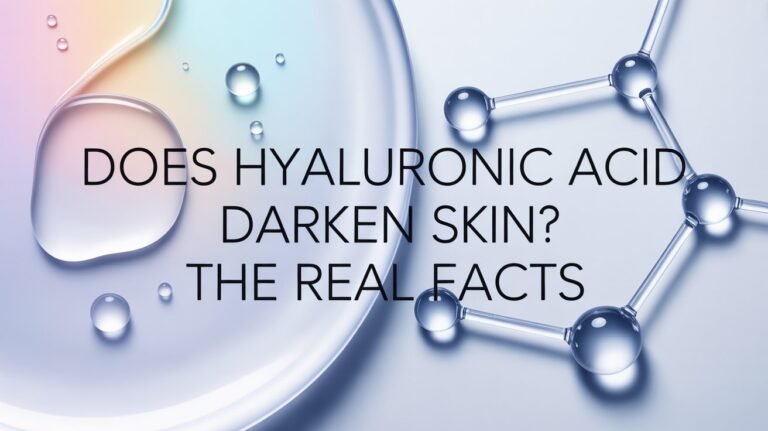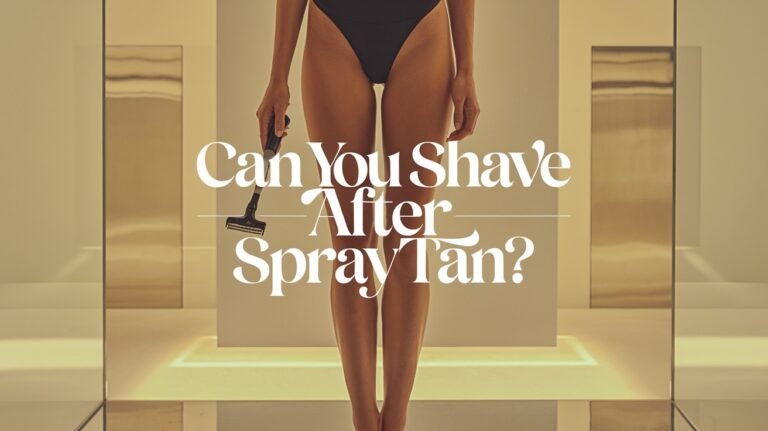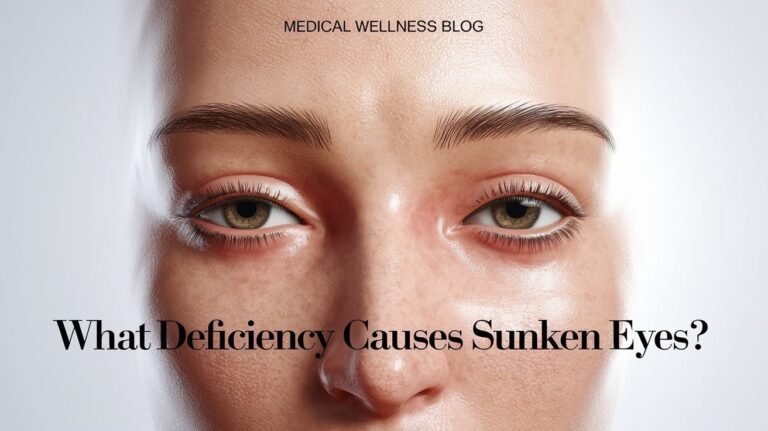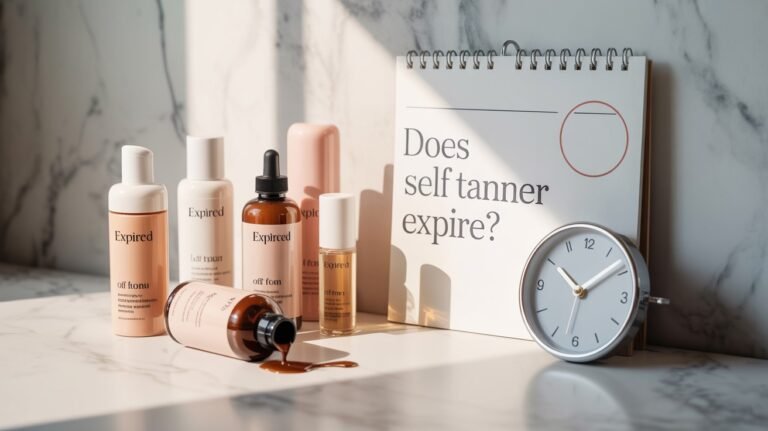Can You Tan with Makeup On? Expert Guide
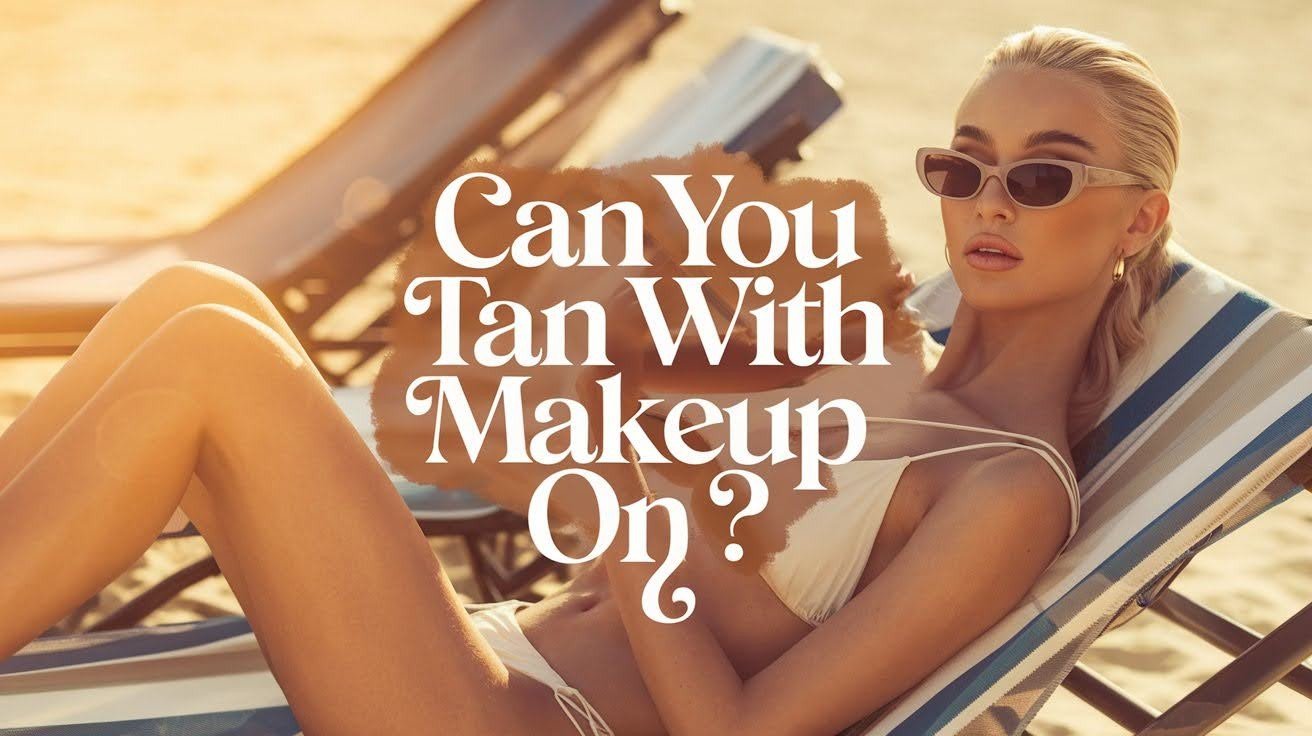
You’re getting ready for a sunny day. Your makeup looks flawless. But can you actually tan with makeup on?
This question pops up constantly. I’ve been writing about beauty and skincare for over 8 years. I’ve talked to dozens of dermatologists about this exact topic.
Here’s what I’ll cover in this guide:
- How makeup affects your tanning process
- Real risks you need to know about
- What skin experts actually recommend
- Safe alternatives that work
- Step-by-step advice if you must wear makeup
The truth? Most people get this wrong. They end up with patchy tans or irritated skin.
I’ll give you the complete answer based on science and expert advice. No guessing. No conflicting information.
You deserve clear, honest guidance about your skin’s safety. That’s exactly what you’ll get here.
Understanding How Tanning Works
Your skin produces melanin when exposed to UV rays. This pigment darkens your skin – that’s your tan.
But here’s the thing: Your skin needs direct contact with sunlight to make melanin effectively.
Think of it like this. UV rays are like keys. Your skin cells are like locks. When they meet, tanning happens.
Two types of UV rays matter:
- UVA rays (aging rays)
- UVB rays (burning rays)
Both can give you a tan. Both can also damage your skin.
What Happens When You Wear Makeup in the Sun

Makeup creates a barrier between your skin and the sun.
This barrier can:
- Block some UV rays
- Reflect sunlight away from your skin
- Create uneven tanning
The result? You might get a patchy tan. Or no tan at all in some spots.
Foundation is the biggest culprit. It sits on top of your skin like a shield. Powder makeup can be even worse. It reflects light more than liquid formulas. But wait, there’s more to consider.
Does Makeup Contain SPF?

Some makeup products do contain SPF. But not all.
Common makeup items with SPF:
- Foundation
- Tinted moisturizer
- BB cream
- CC cream
- Some lipsticks
SPF levels in makeup are usually low. Most foundations have SPF 15-30.
Here’s what dermatologists say: Makeup SPF isn’t enough for sun protection. You need at least SPF 30 for proper coverage.
Why makeup SPF falls short:
- You don’t apply enough product
- Coverage isn’t even
- You don’t reapply often enough
Potential Risks of Tanning with Makeup On

Wearing makeup while tanning can cause problems.
- Skin irritation is common. Heat plus makeup equals trouble for sensitive skin.
- Clogged pores happen when makeup mixes with sweat and sunscreen.
- Uneven tanning leaves you with weird patches. Nobody wants that.
- Makeup can break down in heat and UV light. This changes how products work on your skin.
- Some ingredients in makeup can make you more sensitive to the sun. This leads to burns or reactions.
- The worst part? You might think you’re protected when you’re not.
Expert Opinions: What Dermatologists Say
Dr. Sarah Chen, a board-certified dermatologist, puts it simply: “Makeup isn’t sun protection.”
Key points from skin experts:
- Remove makeup before tanning for better results
- Use proper sunscreen regardless of makeup SPF
- Reapply protection every two hours
- Consider spray tans instead of sun exposure
Dr. Michael Rodriguez adds: “Heat and sun can change makeup chemistry. This might irritate your skin.”
The consensus? Dermatologists prefer you skip the makeup for tanning sessions.
Safe Tanning Alternatives (Beauty-First Options)
You want a tan without the risks? I’ve got you covered.
Self-tanning products are your go-to option. Gradual tanning lotions work slowly over several days. Tanning drops mix right into your moisturizer.
Professional spray tans give even coverage. Tanning mousses offer quick application at home.
These work without sun exposure. No UV damage. No makeup worries.
For makeup lovers, bronzer creates instant glow on your cheeks and forehead. Tinted moisturizers give light coverage with subtle color. BB creams offer buildable coverage that looks natural.
Tip: Mix tanning drops with your foundation. You get color and coverage in one step.
Best Practices: If You Must Tan While Wearing Makeup
Sometimes you need to wear makeup in the sun. Here’s how to do it safely.
Before you start:
- Choose lightweight formulas: heavy makeup blocks more sun
- Skip powder: it reflects too much light
- Use tinted moisturizer instead of foundation
- Apply sunscreen first: always
During sun exposure:
- Limit your time: makeup makes timing tricky
- Reapply sunscreen over makeup every two hours
- Use setting spray to help makeup last
- Stay hydrated: your skin needs extra care
After tanning:
- Remove makeup gently with micellar water
- Moisturize immediately
- Check for irritation or uneven color
Remember: This isn’t ideal. But if you must, these steps help.
Conclusion
Can you tan with makeup on? Technically, yes. Should you? Probably not.
Makeup creates an uneven barrier between your skin and UV rays. This leads to patchy results and potential irritation. The science is clear on this point.
Your safest bet is removing makeup before any tanning session. Self-tanning products give you gorgeous color without the risks. Bronzer works great for instant glow too.
If you absolutely must wear makeup while tanning, keep it lightweight and always use proper sunscreen underneath. Never skip the SPF. Limit your sun exposure time significantly.
Remember this: Your skin’s long-term health beats any temporary tan. Dermatologists agree on safer alternatives. Trust the experts who’ve spent years studying sun damage.
Make the smart choice for your skin’s future.
Frequently Asked Questions
Will mascara and eyeliner affect my facial tan?
Eye makeup sits on small areas and won’t impact your overall facial tanning much. However, waterproof formulas can create tiny shadow lines if you’re not careful with application.
Can I use bronzing makeup instead of actual tanning?
Bronzing makeup gives instant color without any UV exposure or skin damage. It’s actually the safest way to achieve a sun-kissed look while protecting your skin completely.
Does makeup with SPF prevent all tanning?
Makeup SPF reduces tanning but doesn’t stop it entirely due to uneven application. You’ll still get some color, but it will be patchy and unpredictable compared to bare skin.
What happens if I sweat off my makeup while tanning?
Sweating removes makeup unevenly, creating random patches where your skin gets direct sun exposure. This leads to a blotchy, uneven tan that’s difficult to fix later.
Is it safe to tan with just concealer on blemishes?
Small amounts of concealer on specific spots won’t cause major issues. Just remember that covered areas will tan differently than surrounding skin, potentially making blemishes more noticeable


